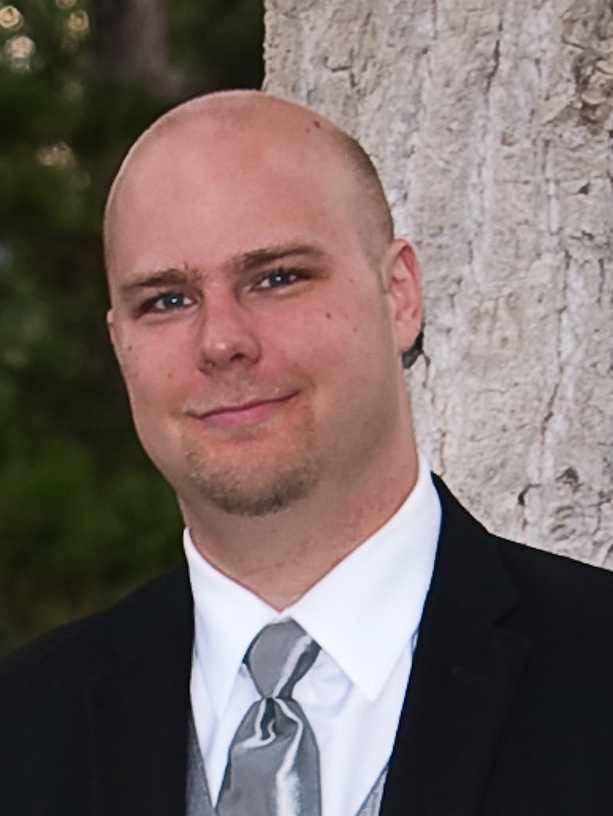
Claus Danielson
Assistant Professor
University of New Mexico
PhD in Mechanical Engineering
University of California, Berkeley
Model Predictive Control Lab
MS in Mechanical Engineering
Rensselaer Polytechnic Institute
BS in Mechanical Engineering
University of Washington
Research
My research interests are in constrained planning, control, and optimization. My specialty is developing algorithms that exploit structure in large-scale and complex planning, control, and optimization problems. I have applied his research to a variety of fields include autonomous vehicles, robotics, spacecraft guidance and control, heating ventilation and air conditioning, energy storage networks, adaptive optics, atomic force microscopy, and cancer treatment.
Application Areas:
Autonomous Vehicles and Robotics
My research lab develops novel motion planning algorithms for robotics and autonomous vehicles. We use optimization and invariant set theory to develop autonomous motion planning algorithms with provable guarantees on safety and robustness. Students will learn about non-convex optimization, motion planning, and machine learning.
Advanced Control of Energy Systems
My research lab develops novel control and optimization algorithms for energy systems such as photovoltaics, concentrated solar, smart grids, and heating, ventilation, and air conditioning. Controlling energy systems is challenging due to their massive scale and wide-range of timescales. We are developing scalable algorithms that ensure these systems are operated safely at peak efficiency. Students will learn dynamic system modeling, data-driven control and optimization, and efficient numerical control and optimization algorithm design.
Theoretical Areas:
Model Predictive Control
Model predictive control is widely used in industry for high-performance control of systems with critical state, input, and output constraints. In model predictive control (MPC), the control input is calculated by solving an optimization problem initialized with the current state of the system. This produces an open-loop sequence of optimal control inputs, the first of which is applied to the system. Feedback is provided by repeatedly solving the optimal control with the current state of the system. MPC has many advantages: it is intrinsically formulated for multi-input/multi-output systems, it can explicitly enforce constraints, and it typically provides good closed-loop performance due to its optimization-based nature. Research in MPC requires learning about control theory, optimization, and computational geometry.
Motion Planning
Motion planning is the problem of generating a dynamically feasible collision-free trajectory between an initial state and a goal state in a generally nonconvex environment. Motion-planning is a fundamental problem in a variety of fields, for instance autonomous driving, robotics, auto-piloting of aircraft, advanced manufacturing, and spacecraft rendezvous and docking. The presence of obstacles in the environment, and hence the nonconvexity, renders this problem computationally difficult. Our research develops computationally efficient motion planning algorithms that provide rigorous guarantees on safety. Research in motion planning requires learning about control theory, computational geometry, and computer science.
Reference Governors
A reference governor is a nonlinear constrained control system that modifies the inputs (typically references) of a stable closed-loop system to ensure constraint satisfaction. A reference governor augments an existing well-designed nominal controller to provide the additional nonlinear feature of enforcing constraints. Reference governors are attractive to practitioners since they preserve the careful tuning and extensive testing of the existing controller while increase its capabilities with minimal additional computational burden. Research in reference governors requires learning about control theory and computational geometry.
Teaching
Undergraduate Classes
ME-482 Robot Engineering
Fall 2020
ME-380/ECE-345 Introduction to Feedback Control
Spring 2020
Graduate Classes
ME-582 Robot Engineering
Fall 2020